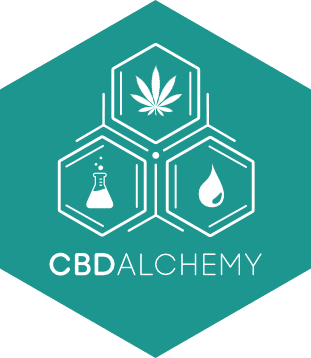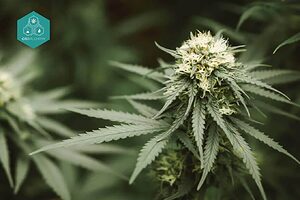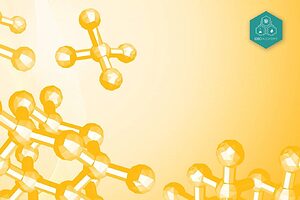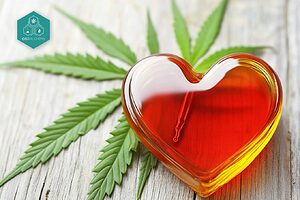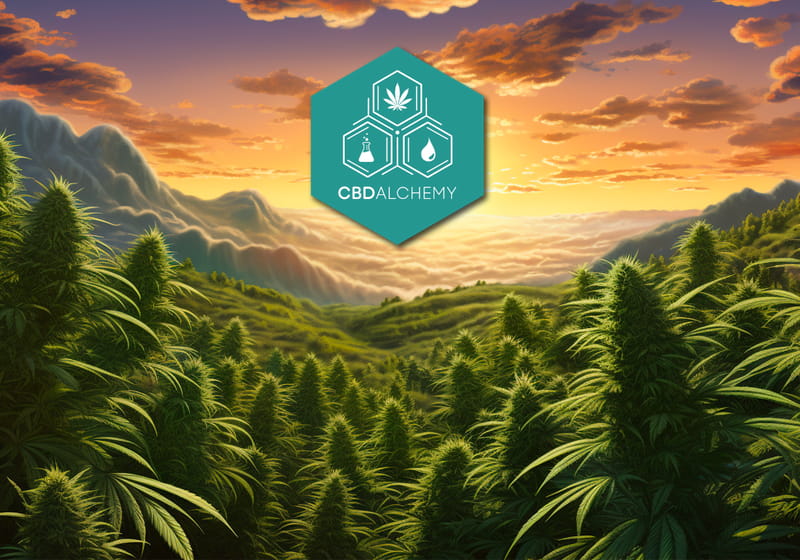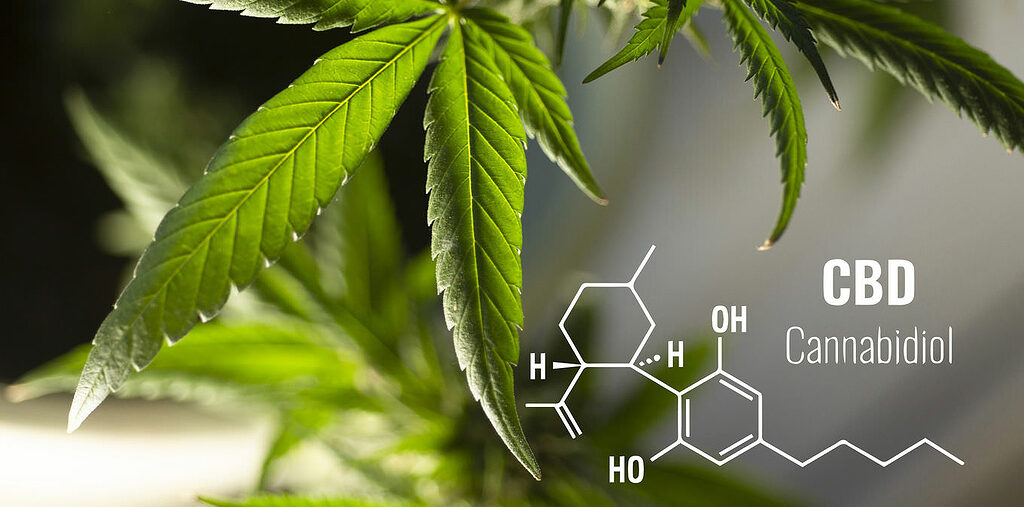
Cannabis sativa produces cannabidiol (CBD) in its glandular hairs. CBD is one of the hundreds of components in Cannabis Sativa L. In itself, CBD does not produce a high. At room temperature, pure cannabidiol is a colorless crystalline solid.
According to a report from the World Health Organization:
CBD has very low toxicity and no psychoactive or cognitive effects, making CBD well tolerated by humans.
History
The phytocannabinoid cannabidiol (CBD) was discovered in 1940.
Efforts to isolate the active ingredients in cannabis were made in the 19th century. Cannabidiol was studied in 1940 from Minnesota wild hemp and Egyptian Cannabis indica resin. The 2 main publications are “Cannabidiol and Cannabol, Constituents of Cannabis indica Resin” and “The active principles of Cannabis indica resin“.
The chemical formula of CBD was proposed from a method for isolating it from wild hemp. Its structure and stereochemistry were determined in 1963 by Dr. Mechoulam and Shvo.
Effects of CBD
There are a number of effects that CBD exhibits, including anticonvulsants, sedatives, hypnotics, antipsychotics, anti-inflammatory properties, and neuroprotective effects.
The biological effects of CBD can, however, be attributed to its intrinsic activity without the involvement of cannabinoid receptors. Because CBD lacks the undesirable psychotropic effects of the psychoactive phytocannabinoid Tetrahydrocannabinol (THC), it represents one of the most therapeutically useful bioactive constituents of Cannabis sativa.
CBD has been reported to reduce anxiety in studies and clinical trials.
CBD may help people fall asleep and stay asleep, according to studies on insomnia.
Studies suggest CBD could help lower inflammation and chronic pain. Other research indicates CBD may inhibit inflammatory and neuropathic pain, which are difficult to treat.Some research in humans suggests that CBD can reduce cravings for tobacco and heroin under certain conditions. According to models on animal addiction, it may also reduce cravings for alcohol, cannabis, opiates, and stimulants.
How to consume your CBD
For cannabidiol to become bioavailable, it can be taken internally by inhaling cannabis smoke or vaporizing, orally by swallowing, or sublingually by spraying.
Few studies have used other routes, such as rectal, transdermic, eye drops, aerosols, and intravenous.
CBD’s pharmacokinetics are quite complex and in many ways are similar to that of Δ9-THC.
An oral dose of CBD has a bioavailability of 13% to 19%, while inhaling CBD has a systemic bioavailability of 31% (range 11–45%). CBD easily crosses the blood-brain barrier.
When CBD 10 mg/kg/day was chronically administered, the mean plasma concentration was 5.9–11.2 ng/mL.
The terminal half-life of CBD is about 9 hours, and it is primarily excreted in the urine.
Products containing CBD – an overview
CBD is highly lipophilic, and it is usually supplied as an oil preparation. It can be supplied as full-spectrum CBD oil, which includes all molecules extracted from the plant, or as a Broad-spectrum where THC or terpenes are removed.
There are a variety of CBD products available on the market right now, such as oil drippers, gel capsules, edibles, and crystals of 99% pure CBD.
Similar to energy drinks and protein bars, food and beverage items can be infused with CBD as an alternative method of ingestion.
In 2018, the Food and Drug Administration approved Epidiolex for the treatment of two types of epilepsy in the United States.
CBD and Sports
Cannabidiol has been used by professional and amateur athletes across disciplines and countries, with the World Anti-Doping Agency removing CBD from its banned substances list. The United States Anti-Doping Agency and United Kingdom-Anti-Doping Agency do not have anti-CBD policies. The UK agency stated that:
“CBD is not currently listed on the World Anti-Doping Agency Prohibited List. As a result, it is permitted to use in sport, though the intended benefits are unclear and not backed by clinical evidence.
All other cannabinoids (including but not limited to cannabis, hashish, marijuana, and THC) are prohibited in competition. The intention of the regulations is to prohibit cannabinoids that activate the same receptors in the brain as activated by THC.“
